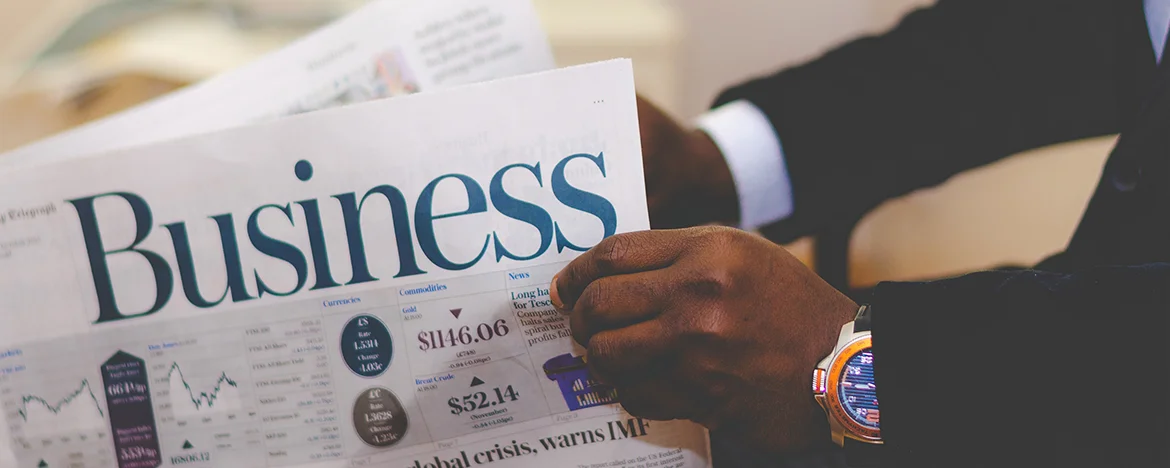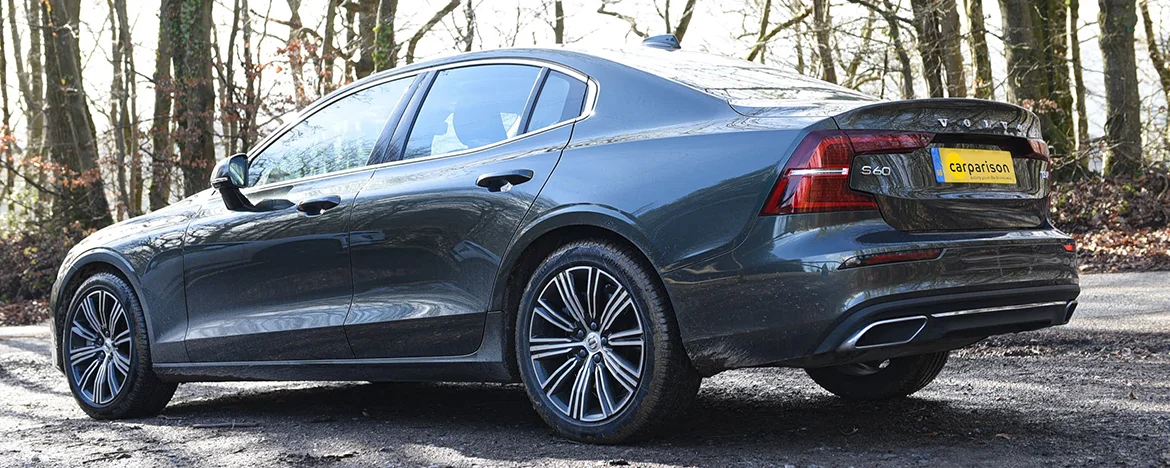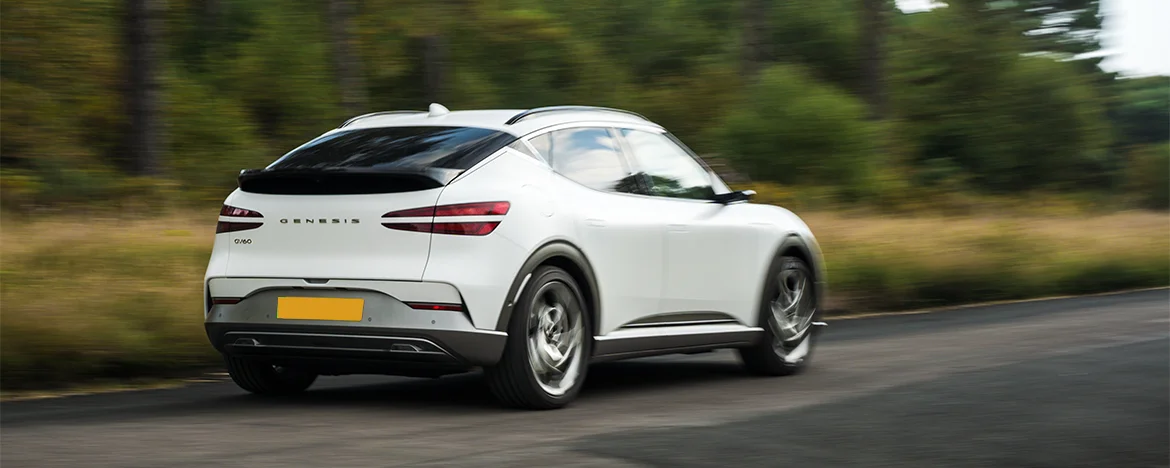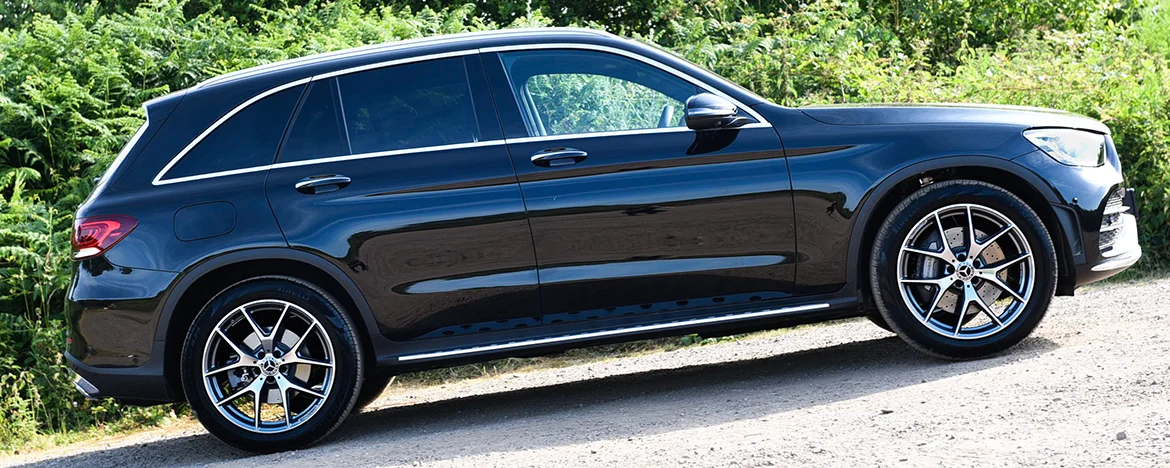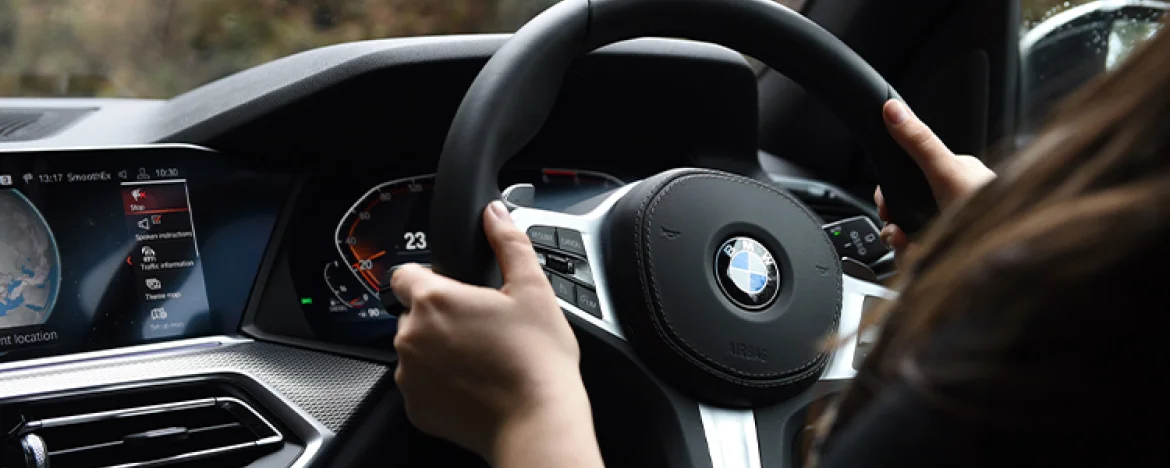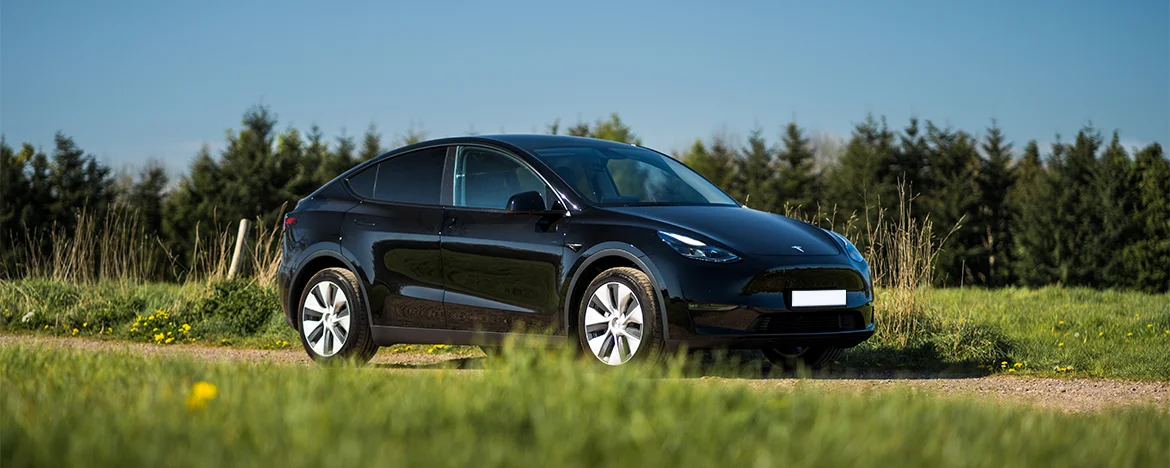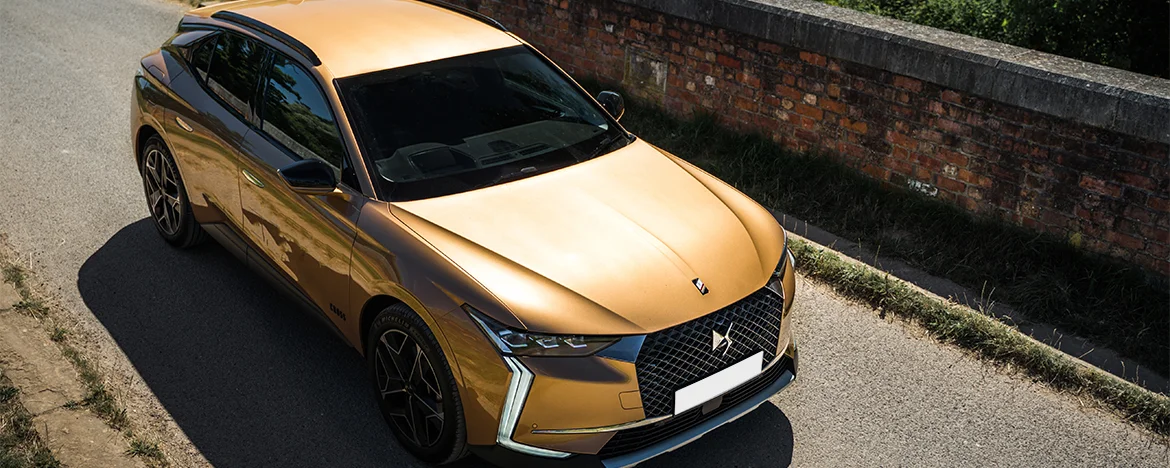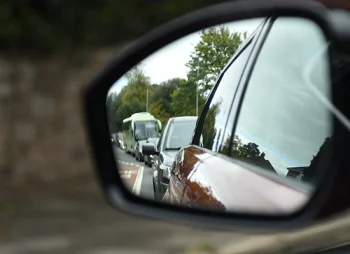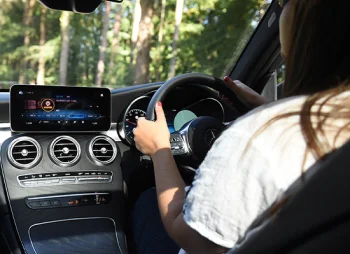Free up capital
Initial investment
It’s one of the biggest benefits to leasing vs buying: you can drive away in a brand-new lease vehicle for a comparatively small upfront investment.
As a result, the tens of thousands of pounds that would have been put towards purchasing the vehicle can instead be invested elsewhere in the business.
The initial deposit required for a lease is a multiplication of the monthly lease cost.
Depending on how you want to divide up the total cost of your lease, this can be as little as one month’s payment, or as much as twelve. The following set monthly cost will then be paid on a designated date every month for a fixed term.
You can even include a comprehensive maintenance package to remove any other surprise motoring costs.
Ultimately, it’s one of the biggest advantages of leasing for businesses: greater cash flow, easier way to budget automotive costs, and a healthy balance sheet.
Total cost of leasing
The pluses of business leasing could be considered null and void if the overall cost of the least was greater than buying your vehicle/s outright.
And understandably so.
However, the positive influence of leasing on cash flow doesn’t necessarily come at greater overall expense.
Your lease costs are based on vehicle depreciation, which is set at the start of your agreement. There are costs associated with borrowing money that you wouldn’t have with an outright purchase, but because the depreciation value is set several years before your lease ends, any risk sits with the funder – not you.
And ultimately, your vehicle is going to depreciate whether you lease or buy it.
As you are only being loaned the depreciation value of the car, the interest you will be paying will be smaller too. This is where leasing differs to other financing methods like PCP, where you are financing the whole cost of the vehicle regardless of whether you go onto purchase it.
The value of leasing is apparent when you consider that the road tax (at the prevailing rate), and UK mainland delivery are normally included in the cost of your lease – though you’d have to check the specifics of your deal.
Plus, you won’t have to worry about any of the costs associated with selling the vehicle/s on as the car gets collected from you when your contracts end.
All things considered, leasing could actually save you money compared to buying and selling a vehicle over the same period.

